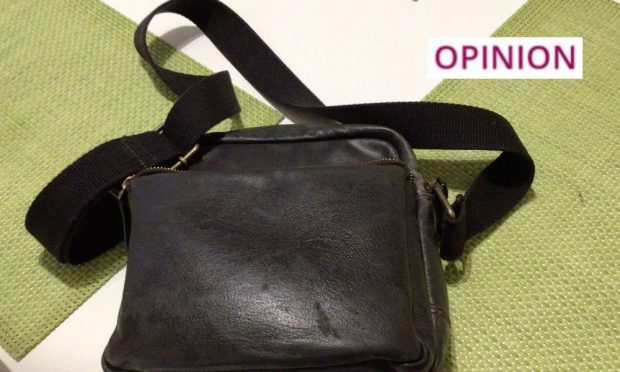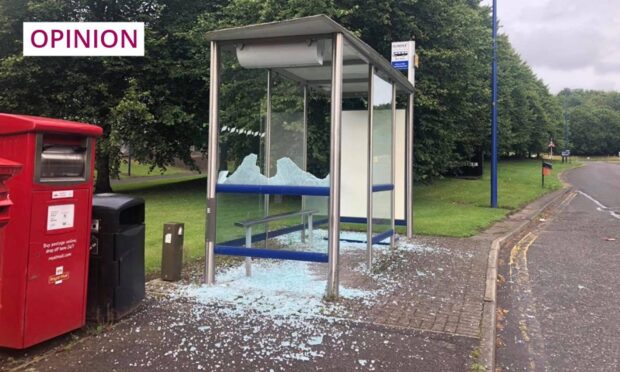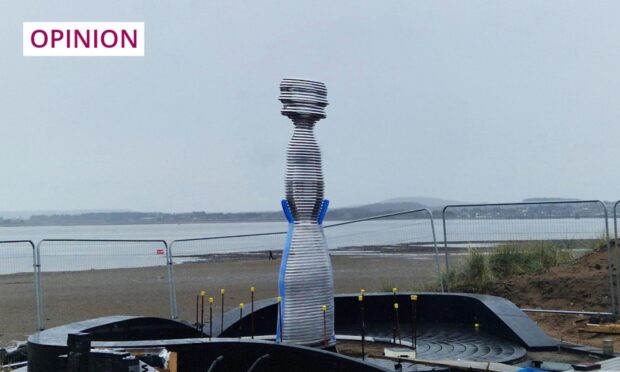Pretty soon, your employer could be charging you hundreds of pounds a year to park at work, thanks to a new law from the Scottish Parliament.
It’s called the Workplace Parking Levy, and I’m in the unusual position of being strongly in favour of the idea while also believing it to be deeply flawed.
The idea is councils can impose a levy – that’s a tax to we plain speakers – on employers for every parking space they provide, generating money for public services while making it more expensive to drive to work.
Unsurprisingly, many employees are unhappy about the idea, introduced in the Transport Bill last week due to a budget agreement between the SNP and the Greens. Critics have pointed out employers will simply pass the cost on to their staff, because employers tend to be absolute gits who do that sort of thing.
They’re not wrong. When a similar scheme was introduced in Nottingham, eight out of 10 workers found themselves paying the parking charge and the real beneficiaries were headline writers who could finally use all that material about the bad guy from Robin Hood.
But the Nottingham scheme did work, cutting congestion, reducing pollution and generating millions of pounds for sustainable transport projects. And, before we get into all the “whatabout” questions, health workers, emergency service vehicles and spaces for deliveries were exempt.
I support the Workplace Parking Levy, or similar initiatives. Driving should be more expensive, and I say that as someone who paid eye-watering, near-crippling amounts of money on commuting from rural Perthshire to work in Dundee.
Driving should be expensive because it’s bad for us, our environment and our society, and I congratulate any government that encourages people to look for alternative modes of transport.
But that only works if reasonable alternatives exist. And taxes work best when applied fairly. I share many people’s concerns that ordinary workers already struggling to make ends meet, and who don’t have alternatives to their car easily available, will be worse off while employers continue as before, relatively unaffected.
I look forward to seeing what councils do with this extra cash. Let’s make sure it’s used to make getting to work a little less painful every day.










